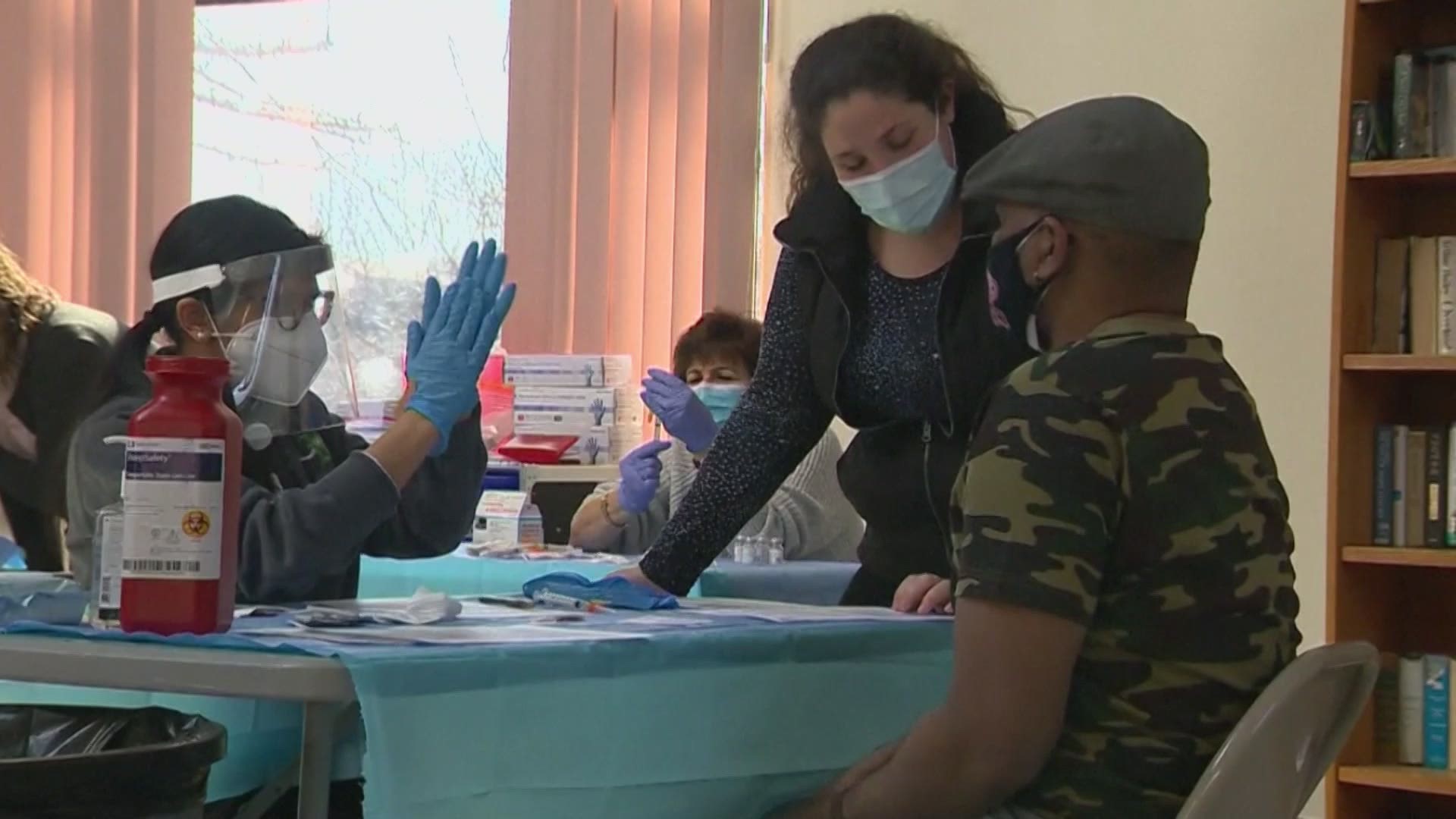DALLAS — Two cases of the coronavirus variant spreading through India have been identified in North Texas for the first time, officials with Dallas County and UT Southwestern Medical Center confirmed.
Scientists with the medical center found the two cases of the variant first detected in India using "next-generation sequencing technologies along with targeted PCR testing," a news release said.
Officials with Dallas County said the two people who tested positive for the variant were under the age of 12 and were not vaccinated. They also had no recent travel history.
UT Southwestern has been sequencing the virus present in all COVID-19 positive samples they've received in their lab over the past few months to track what variants are appearing in North Texas, which they say has been about 120 samples per month. Researchers say the variant first detected in the UK remains dominant among most of those variant cases.
The release from the medical center said experts are concerned by the local appearance of the variant first detected in India.
"It is believed to be more transmissible than the original variant, but studies regarding more severe disease or mortality have not been performed," the release said. "The Indian variant is not listed as a Variant of Concern by the Centers for Disease Control and Prevention, but is by the World Health Organization."
Those who are currently vaccinated against COVID-19 should remain protected against the variant first detected in India as well, UT Southwestern officials said.
Researchers had previously identified two cases in North Texas of the variant first detected in Brazil, which is more transmissible, less susceptible to antibodies, and is a variant of concern for both the CDC and WHO, officials said.
Variants, in general, can be much more transmissible than the original virus, the release explained. Research shows the variant first found in India could be up to 50% more transmissible than that of the one from the UK.
But medical experts pointed out that the higher the vaccination rate, the lower transmission occurs, giving variants less opportunity to spread and form.
"The identification of the B.1.617.2 variant [that first found in India] again reinforces the importance of vaccination – which helps slow the transmission of all types of virus and protects against more severe disease,” said Jeffrey SoRelle, M.D., an assistant instructor of pathology at UT Southwestern.
Plus, vaccines can help protect those who do get infected from getting seriously ill or dying, SoRelle explained, "emphasizing the importance of continued efforts to encourage vaccination.”
Vaccines have become widely available across North Texas at most major pharmacies as well as hub sites throughout the state. For more information about how to get vaccinated at a hub site, click here.

